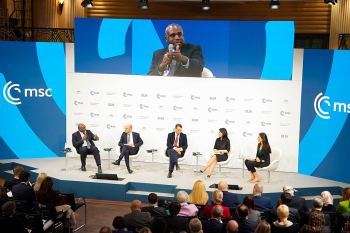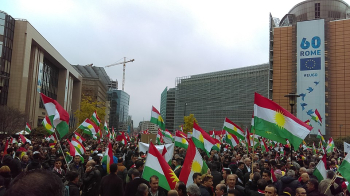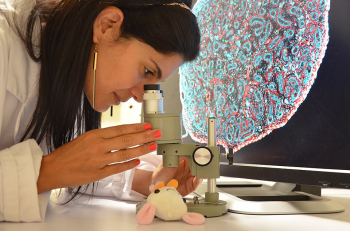
European Union officials have achieved a groundbreaking provisional agreement on the world's first comprehensive laws to govern the usage of artificial intelligence (AI).
Following an intense 36-hour negotiation, the agreement delineates rules surrounding AI applications such as ChatGPT and facial recognition technologies.
The AI Act proposals, yet to undergo a vote in the European Parliament early next year, will not be enforced until at least 2025. This regulatory move comes amidst similar efforts by the US, UK, and China to devise their own AI guidelines.
The proposed regulations encompass safeguards regarding AI utilization within the EU and place constraints on its deployment by law enforcement agencies. They grant consumers the right to lodge complaints, with provisions for fines in case of infringements.
EU Commissioner Thierry Breton hailed the plans as "historic," emphasizing that they establish "clear rules for the use of AI." He further portrayed this as a catalyst for EU startups and researchers to lead the global AI landscape.
European Commission President Ursula von der Leyen echoed this sentiment, affirming that the AI Act facilitates the development of technology that prioritizes people's safety and rights.
Characterizing AI as software capable of generating outputs like content, predictions, recommendations, or decisions, the European Parliament highlights its influence on the environments it engages with, as defined by human objectives.
Generative AI, exemplified by ChatGPT and DALL-E, learns from extensive datasets, crafting content that mimics human creation. ChatGPT, a form of "chatbot," engages in text conversations, while DALL-E generates images based on textual instructions.
The comprehensive AI Act strives to regulate AI usage while nurturing innovation, underscoring the significance of ethical and responsible AI development in the modern digital landscape. Photo by mikemacmarketing, Wikimedia commons.

















